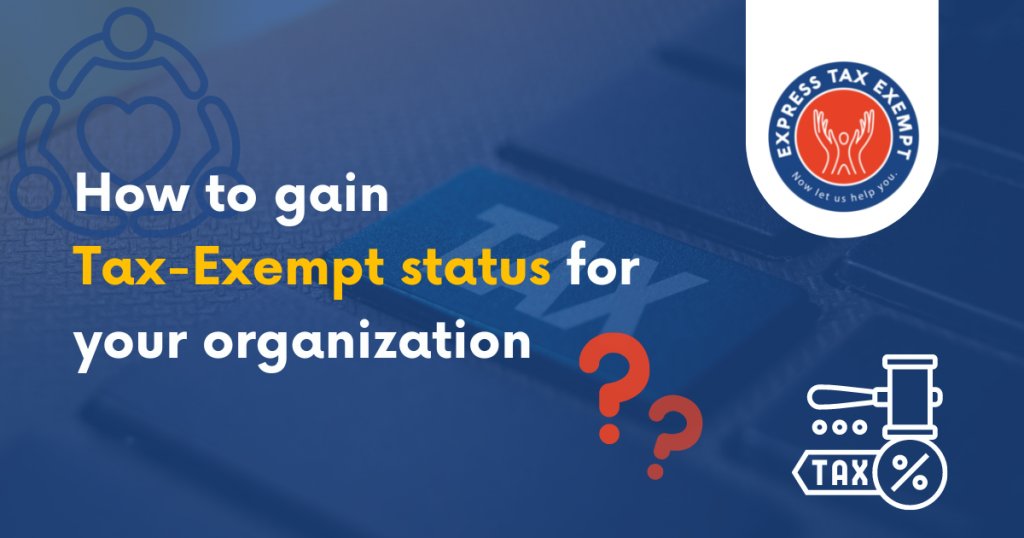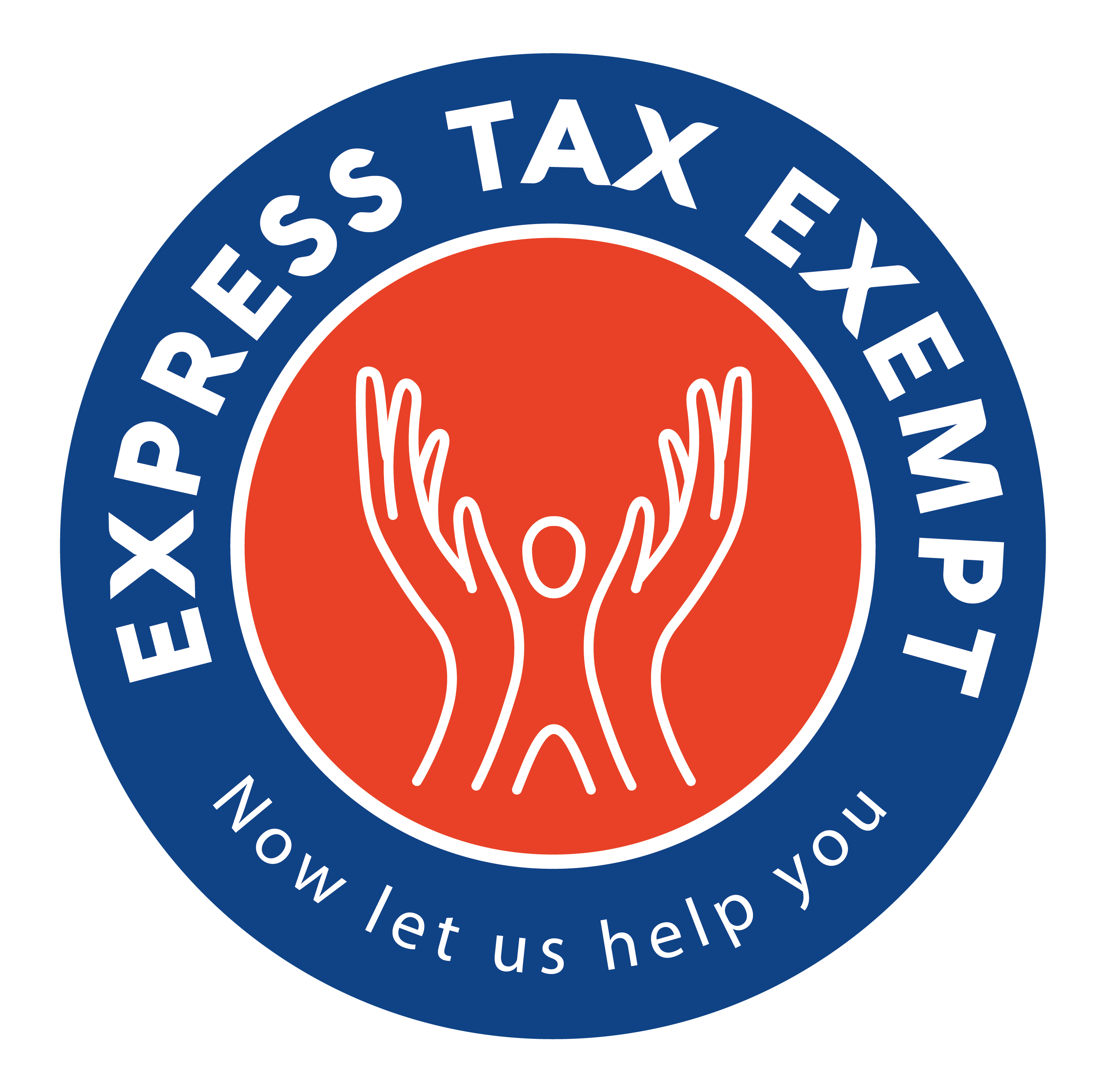How to Gain Tax-Exempt Status For Your Organization

Tax exemption means that the net profits of an organization are exempt from federal income taxes. Certain states allow state-level exemption, but primarily, this status is granted by the IRS.
If your organization is new, you may not have obtained tax-exempt status yet. You will have to apply for this status with the IRS.
Benefits
There are a number of reasons your organization should apply for tax-exemption status. In addition to exemption from federal income tax, this status allows your organization to:
- Access grants intended for tax-exempt organizations
- Possibly avoid state and local sales and property taxes
- Gain US postal service discounts
- Classify donations as tax-deductible
- Gain credibility in the eyes of donors and the community
Before you apply
There are a few things you need to do before applying for tax-exempt status.
First, you need to determine if your organization is a(n):
- Trust- A relationship in which one person holds the title to property and can keep or use the property for the benefit of a cause. Trusts are formed under state law. In order to qualify as a trust under Internal Revenue Code section 501(c)(3), its organizing document must contain certain language.
- Corporation- Generally formed under state law by filing articles of incorporation with the state. Its charter or articles of incorporation must also contain certain language.
- Association- A group formed for a specific purpose. To qualify, the association must have a written document showing its creation, and it must also contain certain language.
Next, you will have to determine if your organization has an exempt purpose. This can include a charitable purpose, social welfare, agricultural, or a different tax-exempt purpose.
Applying for tax-exempt status
In order for your organization to be recognized as exempt, you must submit an application to the IRS. If your organization falls under the IRC section 501(c)(3), you must file a Form 1023-series application. This includes charitable, religious, and educational organizations. If your organization falls under IRS section 501(c)(4), you must file Form 1024-A. Other organizations will need to file Form 1024.
To file, you’ll also need an EIN number. If your organization does not have one, you’ll need to file Form SS-4; you can also apply online.
You’ll need to include your organization’s organizing documents in your tax-exempt status application. If your organization has not existed for at least 3 years, you’ll also need to include financial statements for the current year and proposed budgets for the next two years. If it has existed for longer than three years, you’ll need to include financial statements for two previous years.
You must also attach Form 8718, User Fee for Exempt Organization Determination Letter Request along with the appropriate user fee. User fees for Form 1023 and 1023-EZ must be paid online.
After you apply
After you’ve made sure you have included all necessary materials and information, you are ready to submit your application to the IRS. According to the IRS website, applications are processed as quickly as possible, but you can check your status here.
Once you’ve been granted tax-exempt status, you’ll need to maintain it. This is done by filing an annual tax-exempt 990 series return. These forms will allow the IRS to keep track of your organization and ensure it is not abusing its status.
ExpressTaxExempt is here to help you file your yearly 990 series returns. Our program allows clients to efficiently e-file their returns and includes a variety of exclusive features meant to enhance your filing process. When it’s time to file your return, keep ExpressTaxExempt in mind!
Explore all of our great features or get started today at ExpressTaxExempt.com!




